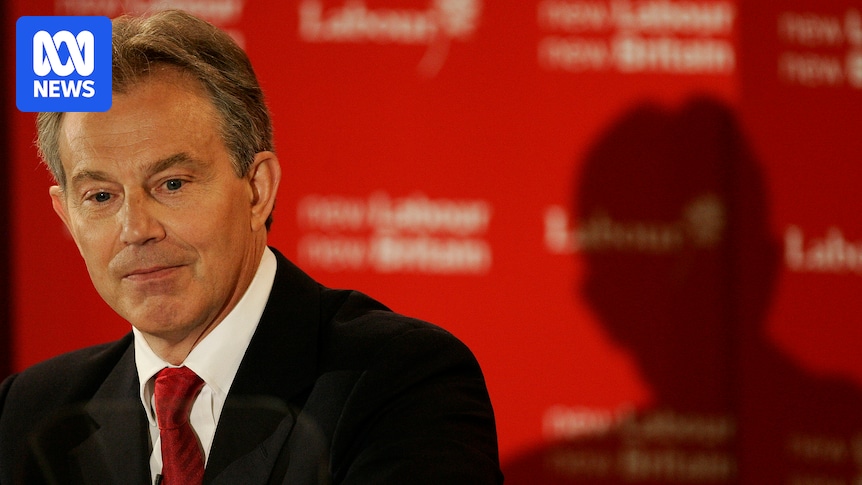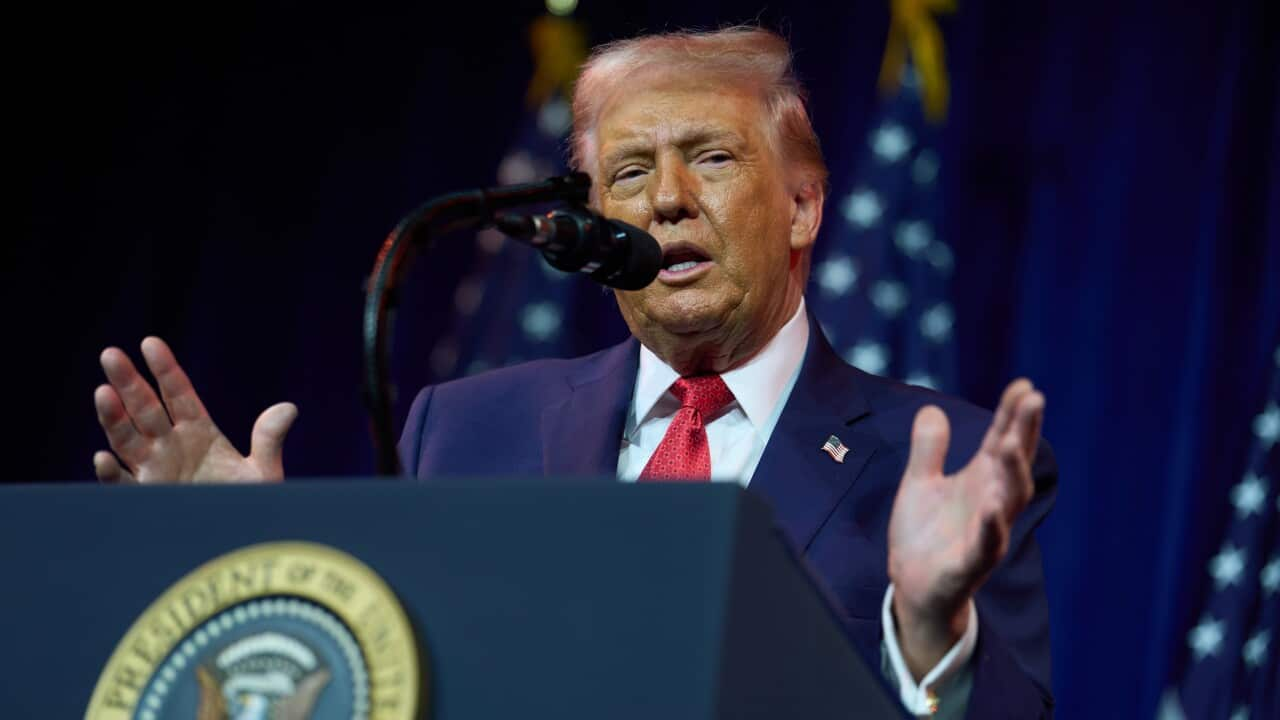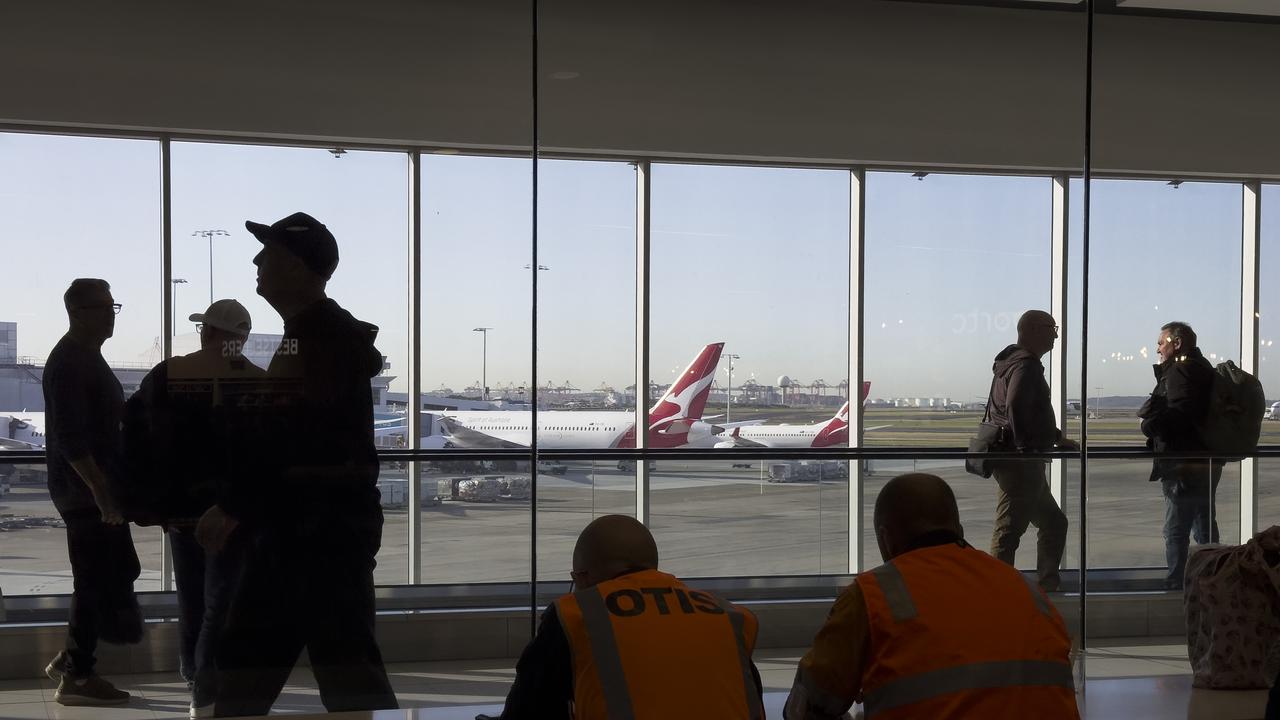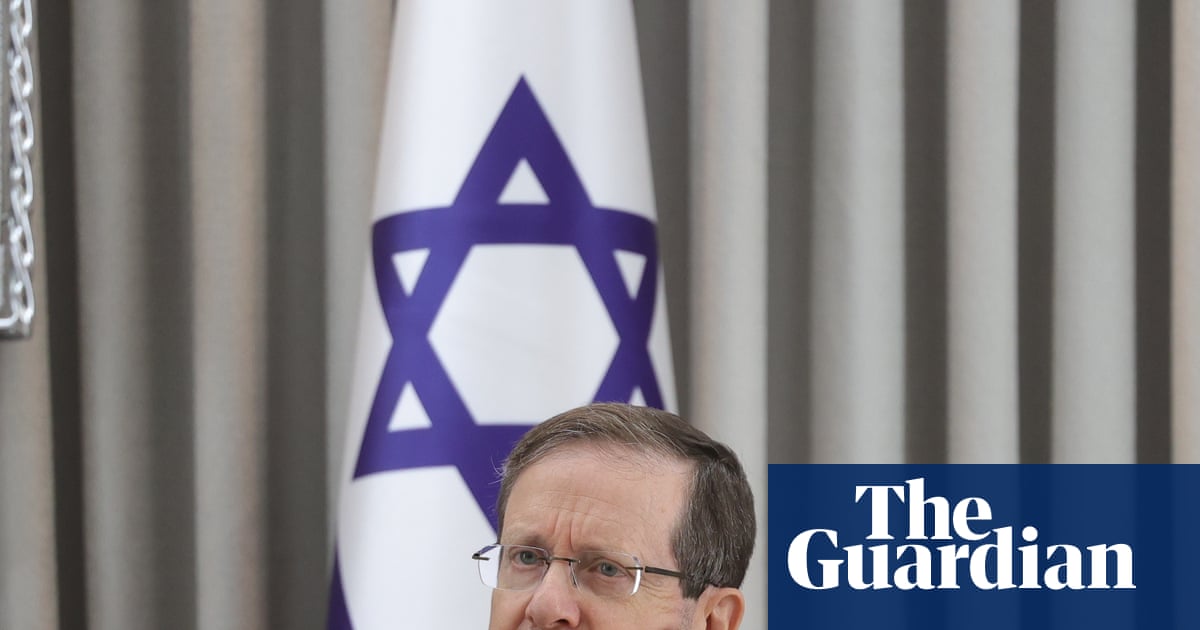
US President Donald Trump has unveiled a surprising element in his proposed peace plan for Gaza, appointing former British Prime Minister Tony Blair as the coordinator of a new transitional authority. This move, part of Trump’s 20-point draft plan, would see Blair leading the “Board of Peace,” tasked with overseeing the funding and management of Gaza’s post-war recovery.
Blair, who has described the plan as “bold and intelligent,” believes it could bring “immediate relief” and offer “the chance of a brighter and better future” for Palestinians. However, the proposal has met with skepticism from various quarters.
Blair’s Role in the Gaza International Transitional Authority
Under Trump’s plan, Blair would join the Gaza International Transitional Authority (GITA), a group set to operate near Gaza’s southern border. The authority would be led by a council comprising seven to ten members, with only one Palestinian representative. The council’s primary responsibility would be to “set the framework and handle the funding” for Gaza’s recovery until the Palestinian Authority completes its reform program.
The document outlining the plan indicates that Trump would chair the group, which may include “heads of state” to be announced later. As of now, Blair is the only named member.
Blair’s Controversial Middle East Legacy
This appointment is not Blair’s first foray into Middle Eastern affairs, a region where his reputation is divisive. As British Prime Minister during the 2003 US-led invasion of Iraq, Blair supported the involvement of British Armed Forces. The invasion, justified by the alleged presence of weapons of mass destruction and the goal of toppling Saddam Hussein, later faced intense scrutiny.
A 2016 inquiry condemned Blair’s role, accusing him of exaggerating the threat posed by Hussein and leading the UK into war based on “flawed” intelligence. Inquiry chairman Sir John Chilcot stated that Blair had not been “straight with the nation” regarding his decisions.
Blair has defended his decision as “the hardest, most momentous, most agonising” of his tenure as Prime Minister.
Blair’s Tenure as Middle East Envoy
After resigning as Prime Minister in 2007, Blair was appointed as the Middle East envoy for the “Quartet,” representing the United Nations, US, European Union, and Russia. The Quartet aimed to advance the peace process between Israelis and Palestinians but faced challenges, including reported tensions between Blair and the Palestinian Authority.
In 2015, Blair stepped down from his role, a decision welcomed by critics like the British group Stop the War Coalition. The group’s national convener criticized Blair’s legacy, citing “a devastated and war-torn Iraq, a Middle East in turmoil, and a much more dangerous world.”
Despite the criticism, both the Quartet and Israeli Prime Minister Benjamin Netanyahu expressed gratitude for Blair’s service.
The Tony Blair Institute’s Regional Influence
Since leaving his envoy role, Blair has continued to engage with Middle Eastern leaders through his non-profit organization, the Tony Blair Institute for Global Change. The institute advises on political strategy, policy, and technology globally.
Earlier this year, reports surfaced of the institute’s alleged involvement in a project envisioning a post-war Gaza as a trading hub. The project, which included references to a “Trump Riviera” and an “Elon Musk Smart Manufacturing Zone,” proposed incentivizing private investors and relocating half a million Palestinians from Gaza. Although the institute did not author or endorse the project, it did not deny participation in related discussions.
In August, Blair attended a White House meeting with Trump to discuss post-war Gaza, fueling speculation about his involvement in the transitional authority.
“I thank President Trump for his leadership, determination, and commitment,” Blair stated following the release of Trump’s plan.
The announcement of Blair’s potential role in Gaza’s recovery comes at a time of heightened tensions and uncertainty in the region. As the plan unfolds, it remains to be seen how Blair’s controversial legacy will impact his new responsibilities and whether the proposed framework will indeed lead to lasting peace and stability in Gaza.






